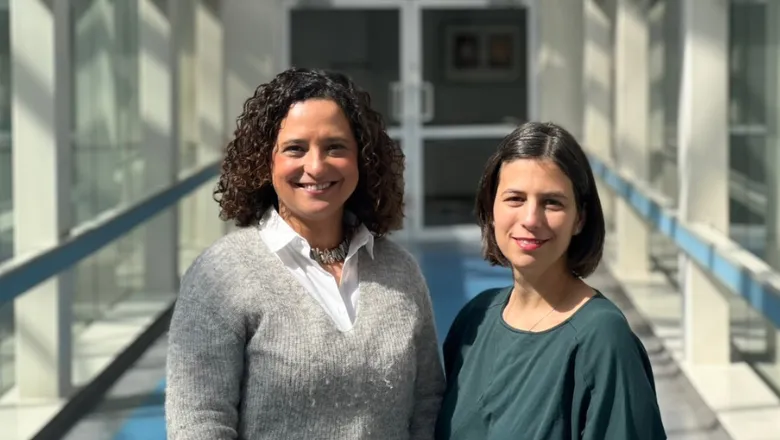16 July 2025
King's College London Awarded £2.6M MRC Programme Grant to Advance Research into Food Allergy and Oral Tolerance in Early Life
King’s College London researchers have been awarded a prestigious £2.6 million Programme Grant from the Medical Research Council (MRC) Infections and Immunity Board to investigate the immune mechanisms underlying food allergy and oral tolerance in infancy and early childhood.

This landmark award is the first MRC Programme Grant to focus specifically on food allergy, marking a significant milestone for the research field and for Allergy as a medical specialty.
The five-year research programme will be led by Professor Alexandra F. Santos, Professor of Paediatric Allergy at the Faculty of Life Sciences & Medicine, and Dr Joana F. Neves, Reader in Mucosal Immunology at the Centre for Host-Microbe Interactions of Faculty of Dentistry, Oral & Craniofacial Sciences. The team also includes Dr Alessandra Vigilante, Senior Lecturer in Bioinformatics, and collaborators from Evelina London Children’s Hospital, Queen Mary University of London (QMUL), and Universidad Nacional de La Plata in Argentina.
Food allergies affect approximately 8% of children and 10% of adults, with potentially life-threatening consequences and no current curative treatment. While early introduction of allergenic foods like peanuts is recommended to prevent food allergy, the immune mechanisms that promote tolerance through the gut remain poorly understood.
“I am extremely excited about this new programme of research and I am very grateful to the MRC for support and funding,” said Professor Santos. “Together with our team of clinicians and scientists, we will explore, with rigorous and sophisticated methods, the immune response to peanuts in young children and unravel an unanswered question in Allergy and Immunology which is ‘how does oral tolerance develop in humans?’. Our discoveries can pave the way for a definitive treatment and proactive interventions to reverse and switch off the aberrant allergic response that impacts so negatively the lives of patients and their families.”
The project will analyse unique samples collected from children undergoing their first oral peanut exposure in hospital settings, using advanced immunological and bioinformatics techniques to map the cellular and molecular responses. The findings are expected to have broad implications, not only for peanut allergy but for other food allergies as well. They aim to discover precise immune pathways that are key in the establishment of oral tolerance to food allergies in the gut, and how they can be modulated to cure food allergies.
“I'm thrilled that, with the support of this MRC programme grant, we will explore how the immune system regulates oral tolerance and food allergies during early childhood,” said Dr Neves. “The rising number of food allergy cases—and their potentially life-altering or even life-threatening effects—makes this research more urgent than ever.
Our unique angle is that we’re not just studying immune responses in the blood. We're also focusing on the gut—the very place where food allergies occur. By taking this comprehensive approach, we aim to uncover new therapeutic strategies that can truly benefit patients.”
This programme represents a major step forward in understanding how the immune system can be guided toward tolerance, offering hope for future interventions that could prevent or even reverse food allergies. The research will identify targets for treatment and pave the way for new therapies to switch off the allergic response. The findings are likely to be applicable to other food allergies.



